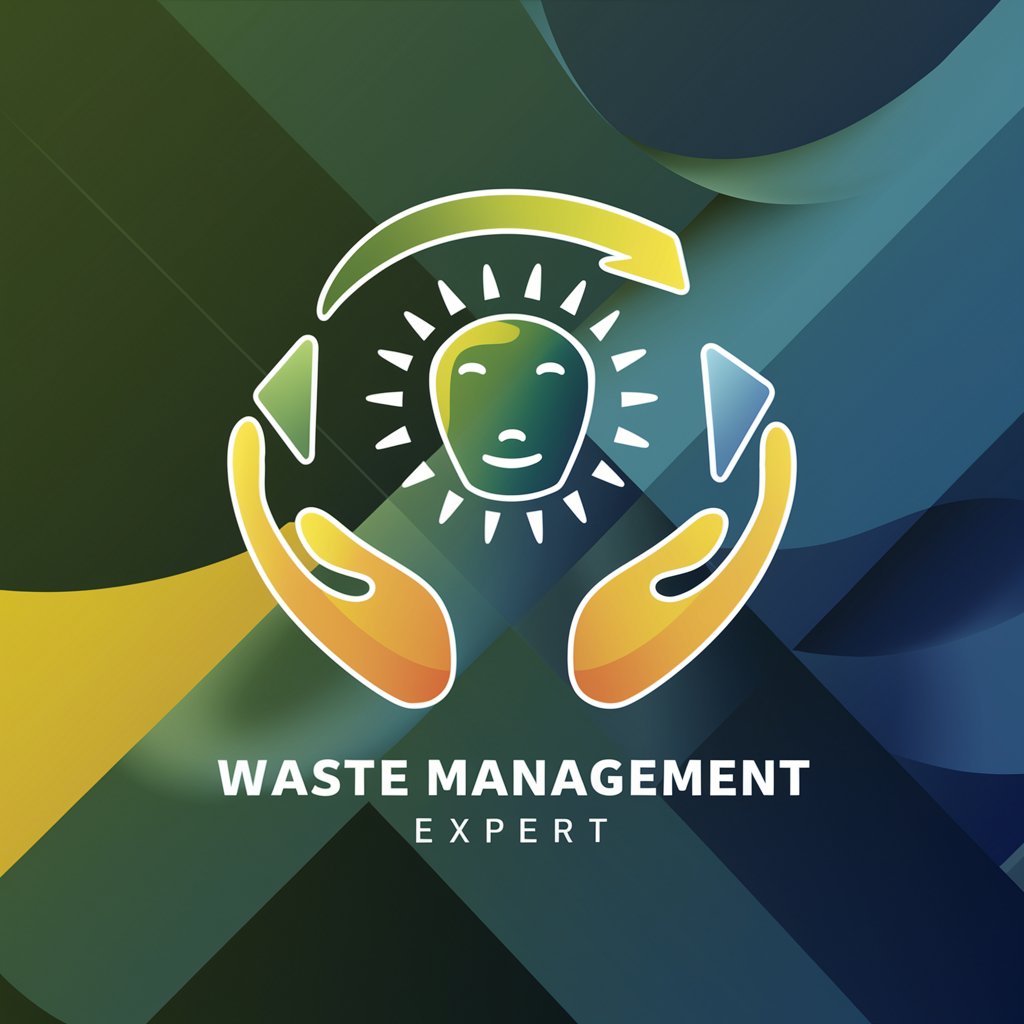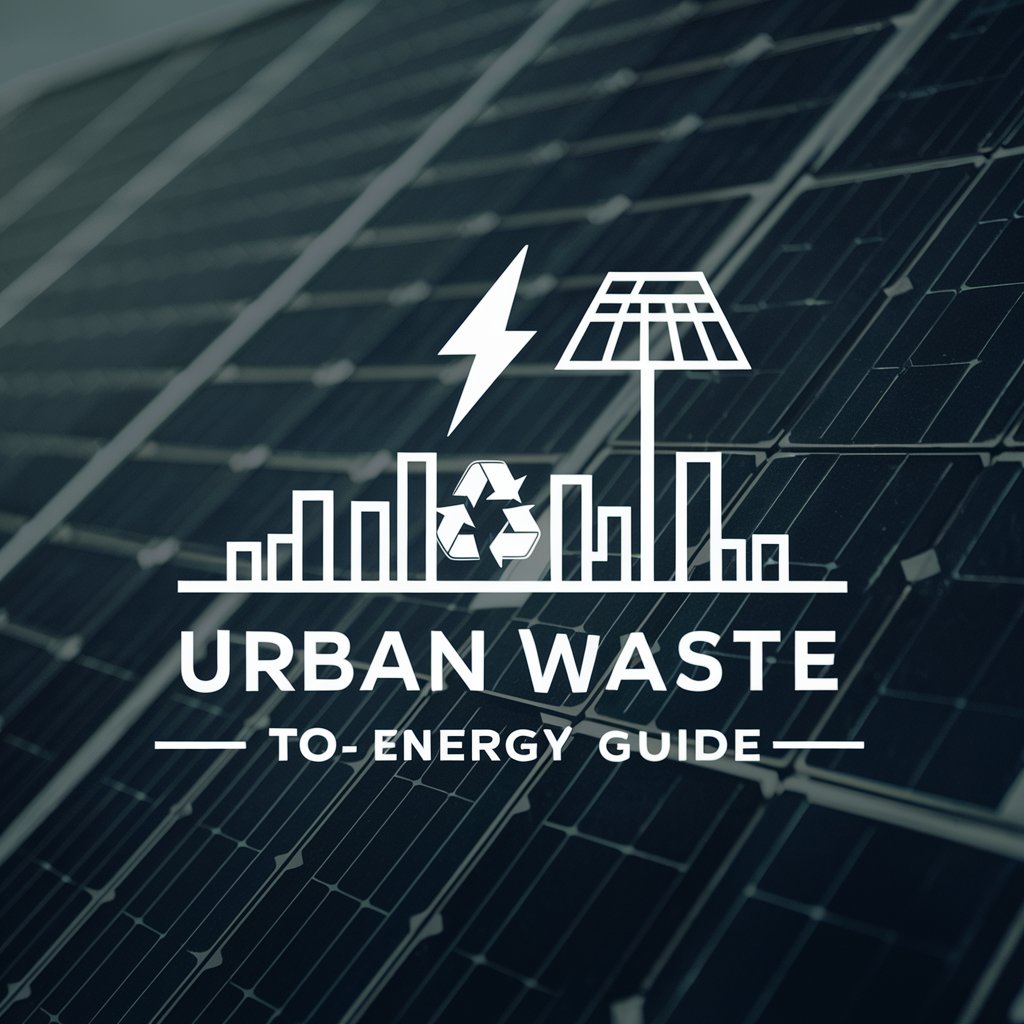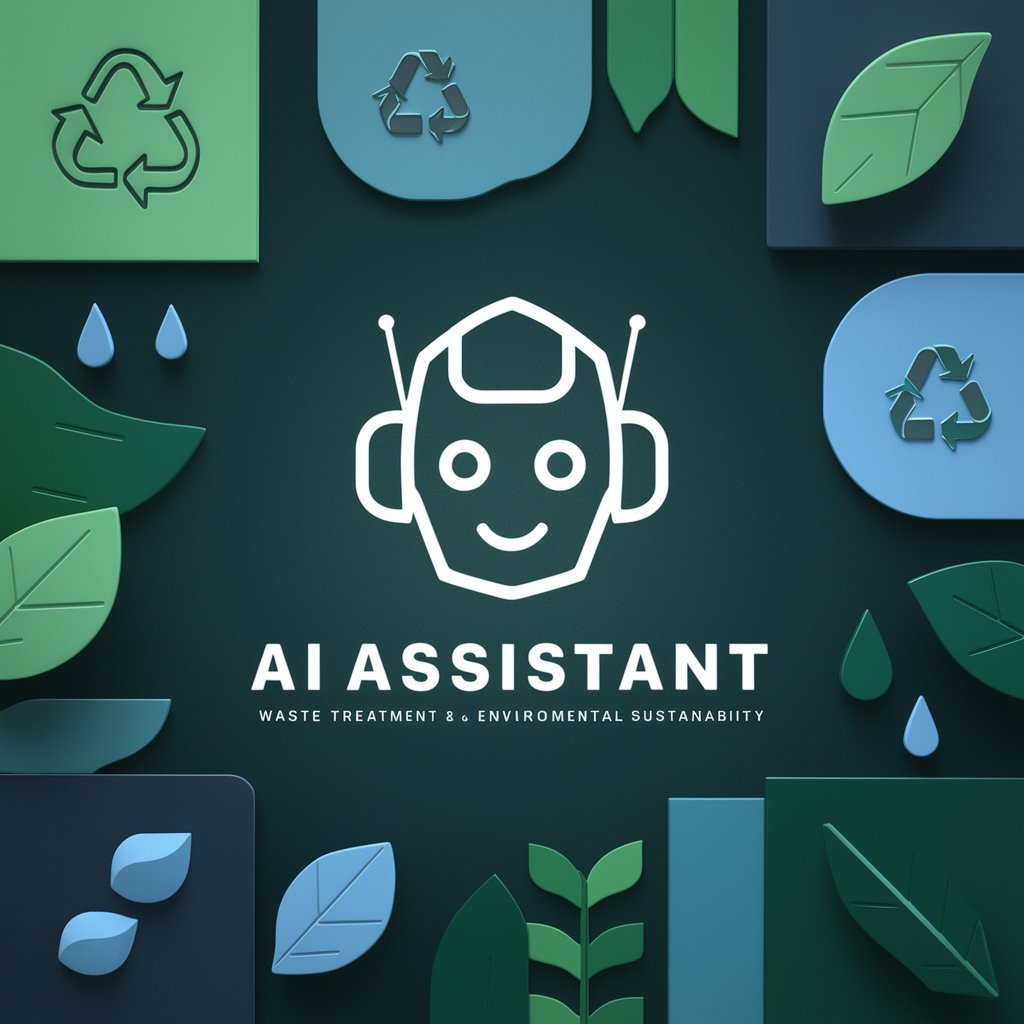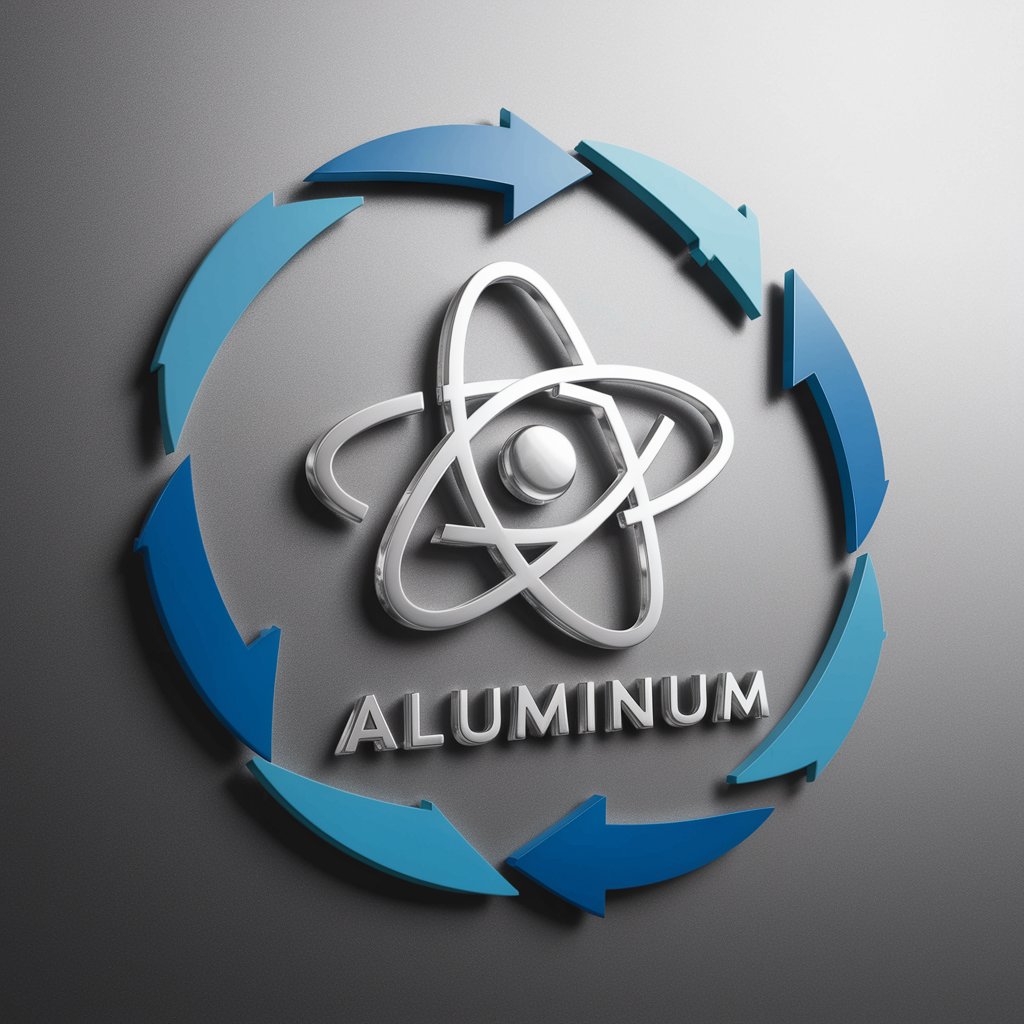
Industrial Waste - Industrial Waste Insights
Welcome! Let's explore industrial waste management and its environmental impacts.
Transforming waste into opportunity with AI
Tell me about industrial waste management.
What are the environmental impacts of industrial waste?
How can industries dispose of waste responsibly?
What are the latest trends in waste management?
Get Embed Code
Introduction to Industrial Waste
Industrial waste encompasses a wide range of materials generated as byproducts of industrial activities, including manufacturing, mining, and chemical processing. These materials can vary significantly, from hazardous chemicals and metals to non-hazardous items like paper, wood, and food waste. The primary design purpose of managing industrial waste is to minimize its impact on the environment and human health, through effective treatment, recycling, and disposal methods. An example scenario illustrating the importance of industrial waste management is the handling of chemical waste in a pharmaceutical manufacturing plant. Here, waste may include solvents and unreacted raw materials, which require careful disposal or treatment to prevent environmental contamination and potential harm to local communities. Powered by ChatGPT-4o。

Main Functions of Industrial Waste Management
Hazardous Waste Management
Example
Chemical stabilization and secure landfilling
Scenario
In industries dealing with heavy metals or toxic chemicals, hazardous waste management involves stabilizing these wastes to prevent leaching, followed by secure landfilling in designated areas that prevent groundwater contamination.
Recycling and Recovery
Example
Metal scrap recycling in the automotive industry
Scenario
Automotive manufacturers generate significant amounts of metal scrap, which can be collected, sorted, and recycled into new metal products, reducing the need for virgin raw materials and minimizing environmental impact.
Waste-to-Energy Conversion
Example
Biomass energy production from organic waste
Scenario
Organic waste from food processing industries can be converted into biomass energy through anaerobic digestion or incineration, providing a renewable energy source while reducing waste volume.
Waste Minimization and Process Optimization
Example
Implementing lean manufacturing to reduce waste
Scenario
Industries adopt lean manufacturing techniques to optimize production processes, significantly reducing waste generation by improving efficiency and reducing unnecessary use of materials and resources.
Ideal Users of Industrial Waste Services
Manufacturing Industries
Companies involved in manufacturing goods, from automotive to electronics, generate a variety of wastes that require efficient management. They benefit from industrial waste services to minimize their environmental footprint, comply with regulations, and improve sustainability.
Chemical Processing Plants
Facilities that produce chemicals, pharmaceuticals, and similar products generate hazardous wastes that need specialized handling, treatment, and disposal methods to ensure safety and regulatory compliance.
Municipalities and Local Governments
Responsible for managing community waste, including industrial waste from local businesses. They benefit from services that help them implement effective waste management strategies, ensuring public health and environmental protection.
Environmental Consultancies
Consultancies advising on environmental management can leverage industrial waste services to offer more comprehensive solutions to their clients, helping them to achieve compliance and enhance their environmental performance.

Guidelines for Utilizing Industrial Waste
Begin with Exploration
Start by accessing a comprehensive platform like yeschat.ai for a free trial, offering a seamless experience without the need for login or subscription to premium services.
Identify Waste Types
Determine the types of industrial waste your operation produces. This includes categorizing waste as hazardous or non-hazardous and understanding the specific handling requirements for each.
Explore Management Solutions
Investigate waste management solutions that align with your waste type. This could involve recycling, treatment, energy recovery, or safe disposal methods.
Implement Best Practices
Adopt industry best practices for waste reduction, such as process optimization, resource recovery, and the use of environmentally friendly materials.
Monitor and Improve
Regularly monitor waste management processes and seek continuous improvement opportunities, leveraging technology and innovation to enhance efficiency and environmental performance.
Try other advanced and practical GPTs
Mortgage
Empowering your home buying journey with AI

Mobile Home Mortgage Calculator
AI-powered mortgage clarity for mobile homes

Happy Home
Empower Your Home Care with AI

Home Alone Helper
Empowering Independence with AI

Home Hue Decorator
Revolutionize your space with AI-powered decor

Home GPT
Empowering your home organization with AI
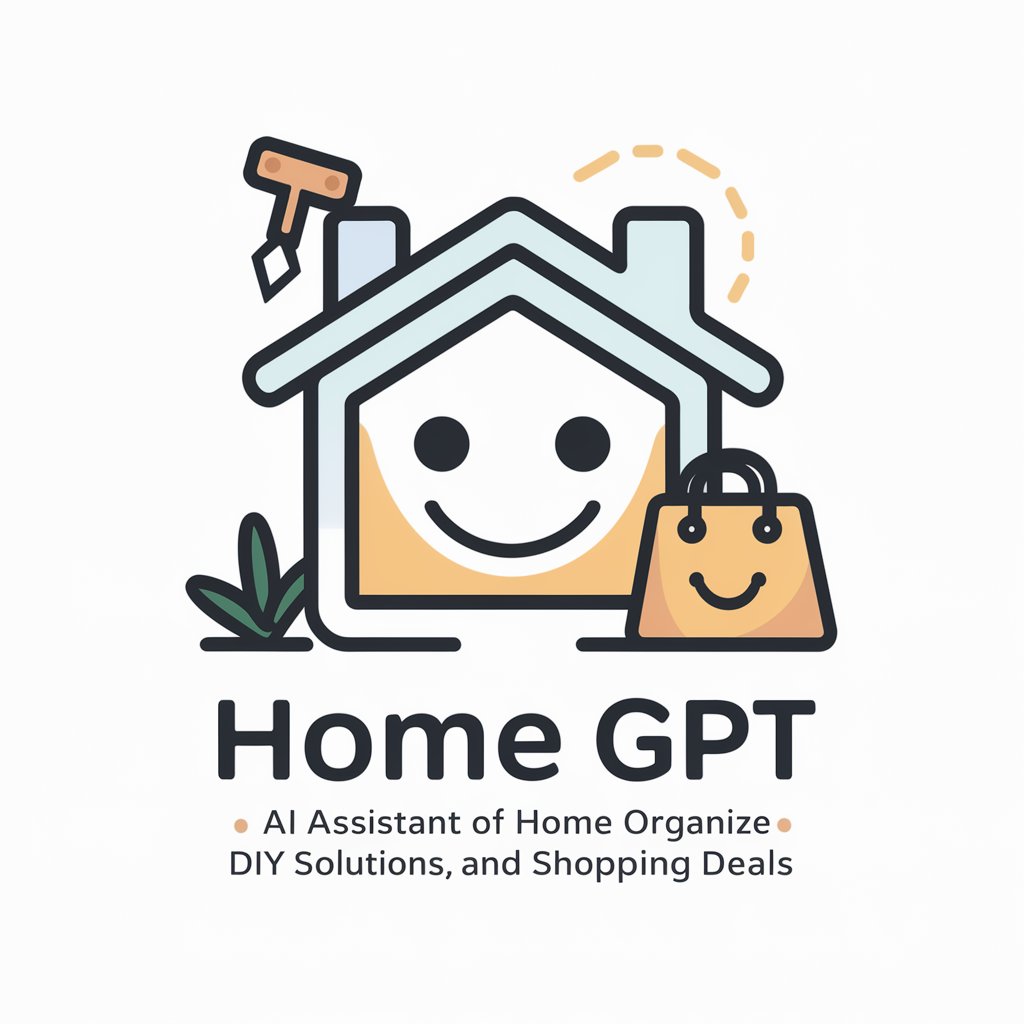
Rubber
Empowering Rubber Innovation with AI

Fan Expert
Streamlining Fan Selection with AI

CCSBA Cannabis GPT
Empowering Cannabis Knowledge with AI

業界アナリスト
Deciphering Industry Dynamics with AI

Website Worth Calculator - Check Website Value
AI-powered insight into website value

Industry Connector
Networking Powered by AI

Frequently Asked Questions about Industrial Waste
What is industrial waste?
Industrial waste refers to the unwanted or residual materials produced by industrial activities. It can include chemicals, construction debris, and by-products from manufacturing processes, categorized as hazardous or non-hazardous based on their potential environmental and health impacts.
How can industrial waste be managed effectively?
Effective management involves identifying the type of waste, implementing reduction strategies, recycling materials when possible, treating waste to remove hazards, and ensuring proper disposal. Compliance with regulations and adopting sustainable practices are also crucial.
What are the environmental impacts of improper industrial waste disposal?
Improper disposal can lead to soil, water, and air pollution, negatively impacting ecosystems, wildlife, and human health. It can also contribute to the greenhouse effect, climate change, and the depletion of natural resources.
Can industrial waste be converted into energy?
Yes, certain types of industrial waste can be used as a source of energy through processes like incineration, gasification, and anaerobic digestion. These methods can help reduce the volume of waste while generating electricity or heat.
What are some innovative solutions for industrial waste management?
Innovative solutions include the development of biodegradable materials, advancements in waste-to-energy technologies, implementation of circular economy principles, and the use of AI and IoT for better waste tracking and process optimization.

